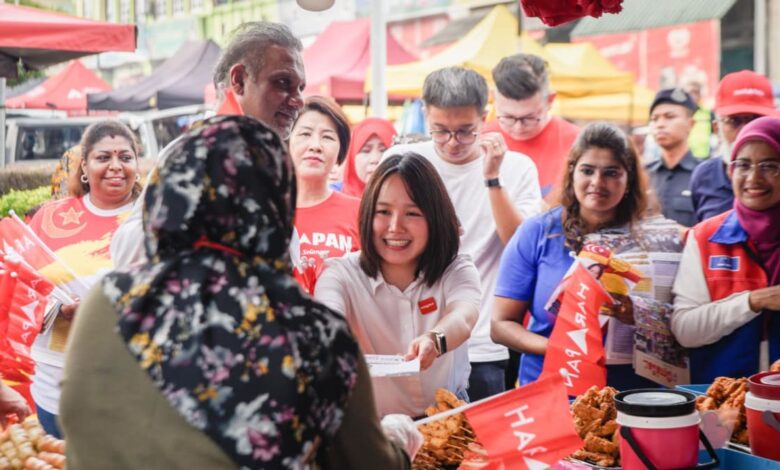Commentary: ‘Birther politics’ in Malaysia by-election may just backfire

WILL THE TACTIC BACKFIRE?
The seat in KKB fell vacant after three-term DAP assemblywoman Lee Kee Hiong died on Mar 21 from cancer. Malays make up nearly 50 per cent of the electorate, followed by Chinese (30 per cent) and Indians (18 per cent).
Early voting started on May 7, and polling takes place on May 11.
Though Mr Fadhli may view the questioning of Mdm Pang’s credentials as a clever strategy that successfully trapped her, it may turn out to be a Pyrrhic victory.
DAP, one of four component parties in the PH coalition, understood what Mr Fadhli was trying to do and turned the vernacular education issue on its head by cornering PN to state its official stance.
On this front, PN’s position is surprisingly disadvantageous. Only two months ago, the Federal Court declared vernacular schools constitutional after an unsuccessful challenge by several groups on the vernacular languages as medium of instructions.
The rapid rise of non-Chinese students in vernacular schools – 15.3 per cent Malay and 2.75 per cent Indian – in the past few years have also discounted simplistic race-based criticisms against these schools.
More importantly, it runs against PAS’ off-season courting of non-Muslim votes as its top-down party strategy.
Since the last general election, its leadership, chiefly Dr Halimah Ali, has been tasked to reach out to the urban circles, including the English-language radio station BFM 89.9, to assure voters that PAS is a moderate force.
PAS president Hadi Awang posted about his closeness to the Chinese community during last year’s Chinese New Year, including how his grandfather had adopted many Chinese children and how his daughter-in-law is Chinese. Mr Hadi’s grandchildren reportedly attend vernacular Chinese schools as well.





